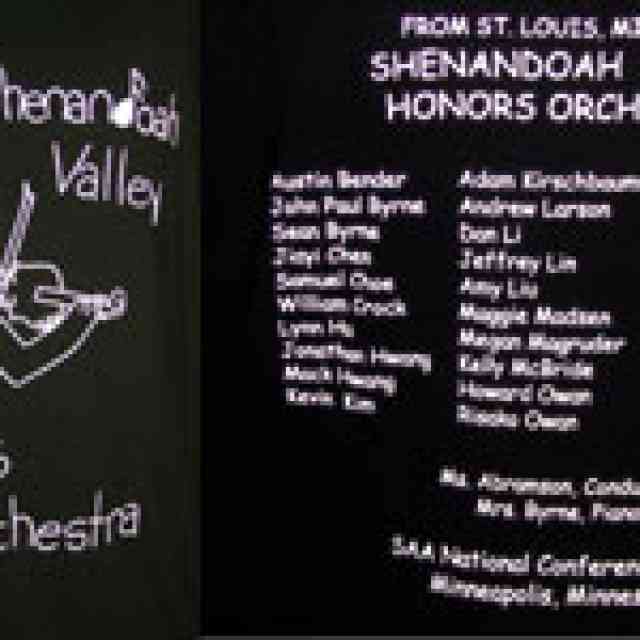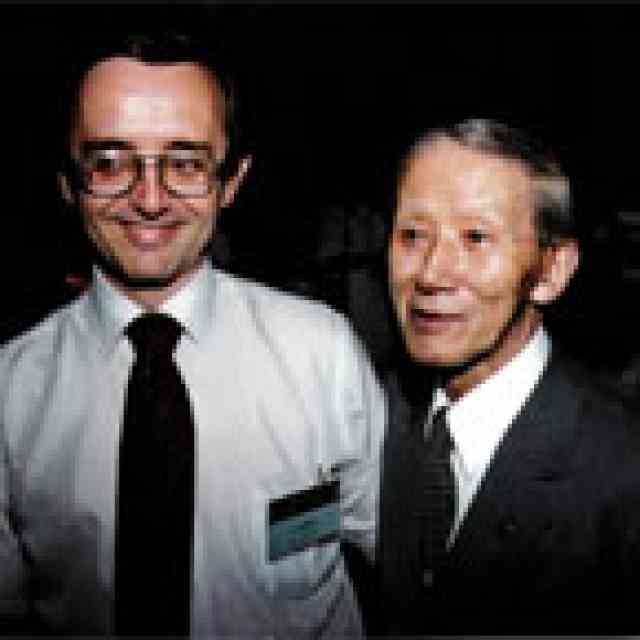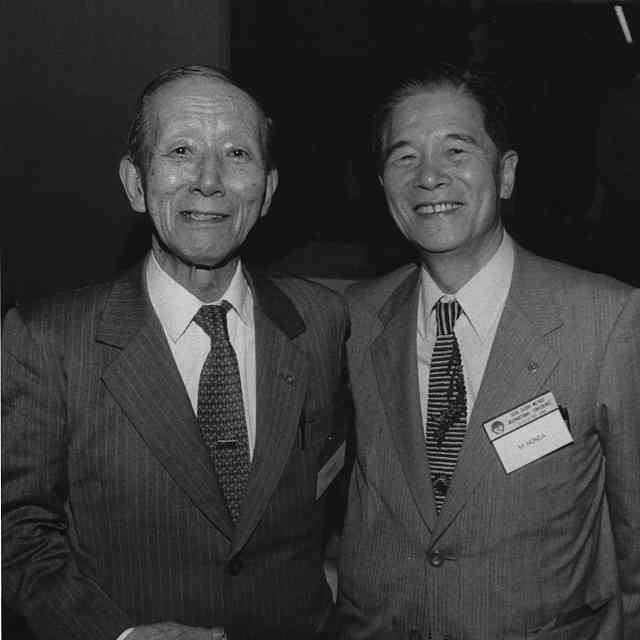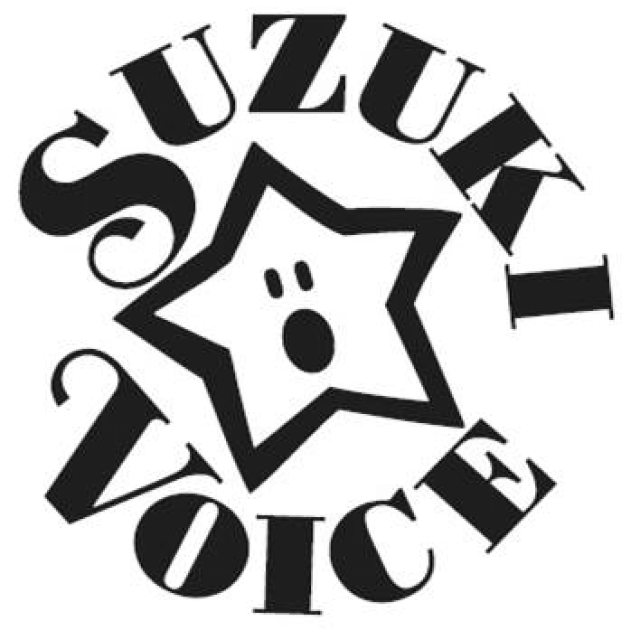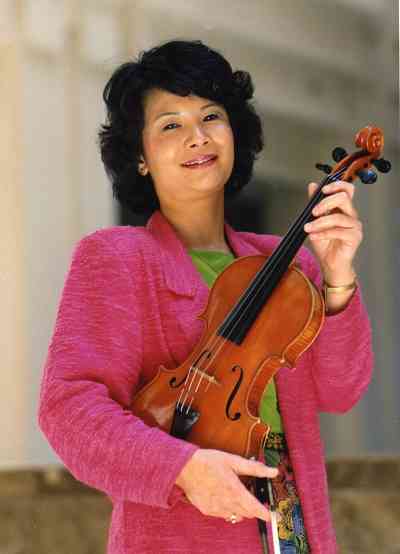
Undoubtedly most of us have read about Yuko’s childhood in her father’s memoir Suzuki Changed My Life. She began her violin studies at age four with Yamamura sensei. During her early childhood, her parents took her to Matsumoto to study with Dr. Suzuki as often as possible.
By age 14, she was traveling alone, eight hours each way by train to study with Dr. Suzuki on the weekends. She would spend the night at Dr. Suzuki’s house. A very determined teenager, Yuko was also a long distance runner!
At age 19, she was invited to study at the University of Washington by Villem Sokol. Dr. Suzuki and Mr. Honda decided she should go to Washington. When asked if she was consulted about this decision, she said, “Not really, but it sounded like an adventurous thing to do.”
Off she went, by herself, to the United States. While at the University of Washington, she taught a methods class and also taught students at Holy Names Academy. After graduating from the University of Washington, Yuko taught at the Eastman School of Music, Drake University, University of Southern California, the University of Memphis, where she started the institute, and Chicago. She returned to Japan frequently to have lessons with Dr. Suzuki. Countless times, Yuko helped Dr. Suzuki by serving as his demonstrator at workshops in the United States.
During her career, she has taught at Institutes and International workshops all over the world and has trained many teachers. Yuko has worked for Summy-Birchard and has served on the SAA Board.
Wherever Yuko teaches, the Suzuki programs vibrate with spirit and enthusiasm, not just for excellence in the achievement of instrumental skills, but for the ideals and principles of Dr. Suzuki’s vision. Yuko is at the vortex of a bristling energy field, exerting, in Dr. Suzuki’s terms, her life-force–which is daunting. Everything she does is carried out with class, polish, and the ideal that any task should be accomplished to the highest ability possible.
 About 10 years ago, Yuko returned to Seattle to teach and maintains a full studio. One of her greatest triumphs: masterminding a concert in honor of Dr. Suzuki’s 100th Birthday with more than 800 students participating in the newly built Benaroya Hall.
About 10 years ago, Yuko returned to Seattle to teach and maintains a full studio. One of her greatest triumphs: masterminding a concert in honor of Dr. Suzuki’s 100th Birthday with more than 800 students participating in the newly built Benaroya Hall.
In recent years, Yuko’s joy has been in reuniting with her grown sons, her daughters-in-law, and now her first grandchild.
This past year, Yuko met with one of the biggest challenges of her life. Lamar Blum said: “The tenacity she has shown this past year throughout her illness is exemplary of her strength of character, her desire to reach beyond herself and the love she has for people and music.”
While continuing to teach, she has taken a cruise with her family to Alaska, and given three concerts. When she told Carl, her pianist, about her cancer, he expressed concern about a January recital date. She said: “Get your music out and start practicing. I’m not dead yet!”
The influence of Dr. Suzuki is clearly shown in Yuko’s generosity, her creativity, and her desire for students to play at a high level. Yuko is totally committed to passing on what she learned as a student in Japan. She has mentored us as teachers, coached us as players, and listened to us as a friend. Yuko offers the Suzuki world the dual perspective of growing up in Japan and spending most of her life in the United States. We are all the beneficiaries of this unique combination. Yuko is an “International Treasure of the Suzuki Movement.”
Our friend Yuko has given us a legacy from which to flourish, a life, a voice, a sense of accomplishment and the freedom to strive for excellence against the tides of mediocrity. She has shown us that Talent Education can thrive in “American culture.”
Dr. Suzuki said that to be great, you must surround yourself with greatness. Yuko has provided us with that opportunity.
–Presented by Barbara Balatero and Sandra Payton, with thanks to Lamar Blum, Allen Leib and Katy Balatero

